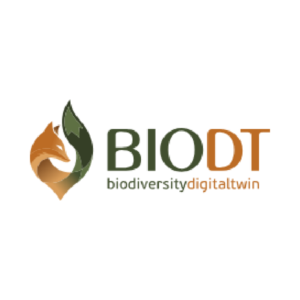Workflows have become essential in research data processing, facilitating key activities such as data collection, cleaning, analytics, and populating public archives with updated data.
Recognising their critical role in life sciences research, the UK Node is actively involved in enhancing computational workflows in several areas.
Workflow platforms
Workflow platforms are vital for designing, executing, and sharing computational workflows in research. These tools ensure scalability, reproducibility, and transparency, enabling researchers to efficiently handle complex data processing tasks. ELIXIR-UK is deeply involved in promoting and developing best practices for these platforms, including:
Standards and methods
Workflows inherently contribute to the FAIR data principles by processing data according to established metadata standards, generating metadata during data processing, and meticulously tracking data provenance.
However, for this to be possible, well-established standards and methods must be supported and used when developing and sharing workflows. To this end, ELIXIR-UK actively participates in the development and promotion of key standards such as:
Workflow registres
Workflows are digital objects on their own, and as such, FAIR Principles should also be applied to them. To ensure that workflows are as accessible and citable as data, they need to be archived and referenced using citation metadata.
However, most workflows still need to be registered in specialised repositories. They are often stored alongside software, or the specialised ones tend to cater only to specific Workflow Management Systems.
WorkflowHub addresses these challenges by offering a comprehensive solution for workflow registries. It provides a centralised platform where workflows can be registered, archived and made accessible, complete with rich metadata and persistent identifiers. It also supports diverse WfMSs, fostering interoperability.
ELIXIR-UK Node endorses WorkflowHub as a recognised Node service, and several Node members lead on its development and sustainability.
